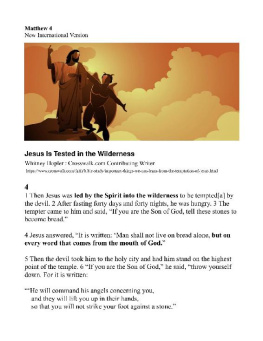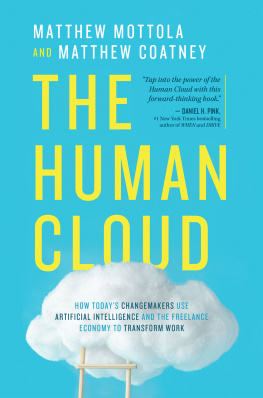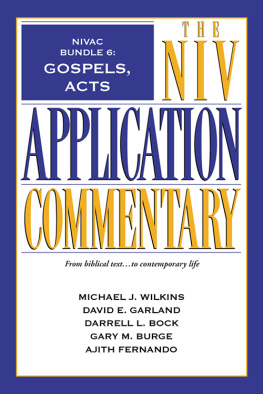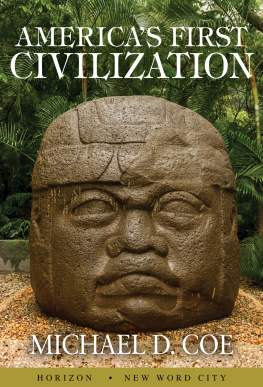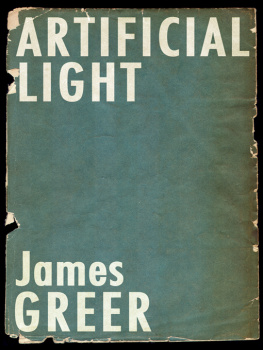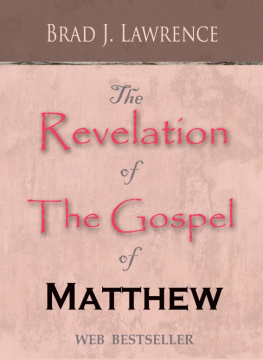PREFACE
Table of Contents
In the following pages I have endeavored to discuss artificial light for the general reader, in a manner as devoid as possible of intricate details. The early chapters deal particularly with primitive artificial light and their contents are generally historical. The science of light-production may be considered to have been born in the latter part of the eighteenth century and beginning with that period a few chapters treat of the development of artificial light up to the present time. Until the middle of the nineteenth century mere light was available, but as the century progressed, the light-sources through the application of science became more powerful and efficient. Gradually mere light grew to more light and in the dawn of the twentieth century adequate light became available. In a single century, after the development of artificial light began in earnest, the efficiency of light-production increased fifty-fold and the cost diminished correspondingly. The next group of chapters deals with various economic influences of artificial light and with some of the byways in which artificial light is serving mankind. On passing through the spectacular aspects of lighting we finally emerge into the esthetics of light and lighting.
The aim has been to show that artificial light has become intricately interwoven with human activities and that it has been a powerful influence upon the progress of civilization. The subject is too extensive to be treated in detail in a single volume, but an effort has been made to present a discussion fairly complete in scope. It is hoped that the reader will gain a greater appreciation of artificial light as an economic factor, as an artistic medium, and as a mighty influence upon the safety, efficiency, health, happiness, and general progress of mankind.
M. Luckiesh.
ACKNOWLEDGMENTS
Table of Contents
It is a pleasant duty to acknowledge the coperation of various companies in obtaining the photographs which illustrate this book. With the exception of Plates 2 and 7, which are reproduced from the excellent works of Benesch and Allegemane respectively, the illustrations of early lighting devices are taken from an historical collection in the possession of the National Lamp Works of the General Electric Co. To this company the author is indebted for Plates 1, 3, 4, 5, 6, 9, 11, 15, 18b, 20, 21, 29; to Dr. McFarlan Moore for Plate 10; to Macbeth Evans Glass Co. for Plate 12; to the Corps of Engineers, U. S. Army, for Plate 13; to Lynn Works of G. E. Co. for Plates 14, 16; to Edison Lamp Works of G. E. Co. for Plates 17, 24; to Cooper Hewitt Co. for Plate 18a; to R. U. V. Co. for Plate 19; to New York Edison Co. for Plates 22, 26, 30; to W. D'A. Ryan and the Schenectady Works of G. E. Co. for Plates 23, 25, 31; to National X-Ray Reflector Co. for Plate 28. Besides the companies and the individuals particularly involved in the foregoing, the author is glad to acknowledge his appreciation of the assistance of others during the preparation of this volume.
ARTIFICIAL LIGHT
Table of Contents
LIGHT AND PROGRESS
Table of Contents
The human race was born in slavery, totally subservient to nature. The earliest primitive beings feasted or starved according to nature's bounty and sweltered or shivered according to the weather. When night fell they sought shelter with animal instinct, for not only were activities almost completely curtailed by darkness but beyond its screen lurked many dangers. It is interesting to philosophize upon a distinction between a human being and the animal just below him in the scale, but it may serve the present purpose to distinguish the human being as that animal in whom there is an unquenchable and insatiable desire for independence. The effort to escape from the bondage of nature is not solely a human instinct; animals burrow or build retreats through the instinct of self-preservation. But this instinct in animals is soon satisfied, whereas in human beings it has been leading ever onward toward complete emancipation.
The progress of civilization is a long chain of countless achievements each one of which has increased man's independence. Early man perhaps did not conceive the idea of fire and then set out to produce it. His infant mind did not operate in this manner. But when he accidentally struck a spark, produced fire by friction, or discovered it in some other manner, he saw its possibility. It is thrilling to picture primitive man at his first bonfire, enjoying the warmth, or at least interested in it. But how wonderful it must have become as twilight's curtain was drawn across the heavens! This controllable fire emitted light. It is easy to imagine primitive man pondering over this phenomenon with his sluggish mind. Doubtless he cautiously picked up a flaming stick and timidly explored the crowding darkness. Perhaps he carried it into his cave and behold! night had retreated from his abode! No longer was it necessary for him to retire to his bed of leaves when daylight failed. The fire not only banished the chill of night but was a power over darkness. Viewed from the standpoint of civilization, its discovery was one of the greatest strides along the highway of human progress. The activities of man were no longer bounded by sunrise and sunset. The march of civilization had begun.
In the present age of abundant artificial light, with its manifold light-sources and accessories which have made possible countless applications of light, mankind does not realize the importance of this comfort. Its wonderful convenience and omnipresence have resulted in indifference toward it by mankind in general, notwithstanding the fact that it is essential to man's most important and educative sense. By extinguishing the light and pondering upon his helplessness in the resulting darkness, man may gain an idea of its overwhelming importance. Those unfortunate persons who suffer the terrible calamity of blindness after years of dependence upon sight will testify in heartrending terms to the importance of light. Milton, whose eyesight had failed, laments,
O first created beam and thou great Word
"Let there be light," and light was over all,
Why am I thus bereaved thy prime decree?
Perhaps only through a similar loss would one fully appreciate the tremendous importance of light to him, but imagination should be capable of convincing him that it is one of the most essential and pleasure-giving phenomena known to mankind.
A retrospective view down the vista of centuries reveals by contrast the complexity with which artificial light is woven into human activities of the present time. Written history fails long before the primitive races are reached, but it is safe to trust the imagination to penetrate the fog of unwritten history and find early man huddled in his cave as daylight wanes. Impelled by the restless spirit of progress, this primitive being grasped the opportunity which fire afforded to extend his activities beyond the boundaries of daylight. The crude art upon the walls of his cave was executed by the flame of a smoking fagot. The fire on the ledge at the entrance to his abode became a symbol of home, as the fire on the hearth has symbolized home and hospitality throughout succeeding ages. The accompanying light and the protection from cold combined to establish the home circle. The ties of mated animals expanded through these influences to the bonds of family. Thus light was woven early into family life and has been throughout the ages a moralizing and civilizing influence. To-day the residence functions as a home mainly under artificial light, for owing to the conditions of living and working, the family group gathers chiefly after daylight has failed.




